Trading Spaces: Highlights From True/False 2022
As the festival returned to semi-normalcy over the weekend, two superb Russian documentaries captured the tenor of the times.
“Fuck Putin and enjoy the film!”
That’s how the young director Ruslan Fedotow concluded his introduction to Where Are We Headed, one of two Russian documentaries that I saw at the True/False Film Festival over the weekend. (And, as you’ll see below, they were of the best.) Fedotow and Nastia Korkia, who helped produce Where Are We Headed and directed the remarkable GES-2, were both emphatic in distancing themselves from the current aggression of their native country against Ukraine. The two spoke mostly in sobering tones about the unfolding tragedy—and Korkia’s documentary was preceded by a on-screen statement against the war, co-signed by dozens of other Russian filmmakers—but Fedotow opted to go out with a bang at his film’s final screening, stirring an eruption of applause. It felt good, as humans sharing a physical space, to share in a righteous cheer.
GES-2 had a special resonance at True/False because it’s about the conversion and re-contextualization of a building, in this case a power plant near the Kremlin that’s getting turned into a cultural center. That’s what happens at the festival every year: Spaces that are concert venues, university lecture halls, or church auditoriums 51 weeks out of 52 become artisanal pop-up cinemas, and downtown Columbia, Missouri, is transformed into a place where people share enthusiasm about (mostly) documentaries for four days. It felt great to have that experience again after two years at home, to find those incidental connections between thrash metal riot grrrls in Beirut (Sirens) and a 14-year-old girl in the mountains of north Vietnam (Children of the Mist), all of them trying to eke some independence from cultures hostile to young women.
Two years ago, True/False was the last in-person festival in the U.S. before the pandemic. (Back then, Kirsten Johnson, the director of Dick Johnson is Dead, and I greeted each other with a playful little elbow bump before talking at close range for an hour. We had much to learn.) Though True/False held a modified festival last year, with outdoor screenings and an interactive box for those watching at home, this year’s fest benefitted from a pleasing sense of new-normalcy. Some beloved downtown businesses had not survived—R.I.P. Harold’s, with its scalding-hot coffee and its maple-bacon doughnuts—and a somewhat reduced attendance meant shedding a few venues. If infection rates stay low—the biggest “if” imaginable—then it seems likely that True/False will be back to its full, robust self in 2023. Perhaps I’ll be able to eat my goulash indoors.
I śaw 15 films over four days. Here are my favorites:
1. GES-2 (dir. Nastia Korkia): GES-2 is a Moscow energy plant undergoing a renovation into a cultural institute, and Korkia’s cameras were present for the five-year process of turning early-20th-century industrial rot into space for art galleries, a library and café, and various exhibitions and events. Korkia’s observational style has been compared to Frederick Wiseman, but she isn’t interested in sweating over institutional minutiae. (A Wiseman film about GES-2 would probably be four hours. This is 77 minutes.) Instead she offers a series of fascinating and often hilarious vignettes: A Kandinsky exhibit where a musclebound guard attracts more attention than the art; a giant desk where an accountant breaks down each stack of a seemingly chaotic pile of invoices; two workers guiding the perilous lowering of a smokestack From these sequences, along with commentary from architects and curators, GES-2 emerges as a gratifyingly hopeful vision of a reimagined building can improve public life.
2. Where Are We Headed? (dir. Ruslan Fedotow): Korkia produced Fedotow’s year-long sojourn into the Moscow subway system, which mirrors the offbeat observational style of GES-2 so closely that you might think they could have directed each other’s movies. Fedotow is drawn to the eccentrics that populate any city subway—a drunk, philosophizing Santa Claus; a man trying to sell giant balloons to passersby—and his surreptitious camerawork also zeroes in on couples who subtly intertwine in transit. Fedotow’s obvious affection for this weird mass of humanity makes the occasional intrusion on this space by authorities in riot gear all the more startling. Fedotow watches as cops wall up and arrest protestors for expressing their support for Russian opposition leader Alexei Navalny, or hustle away buskers and underground salesmen. The question of the title lingers.
3. Let The Little Light Shine (dir. Kevin Shaw): As someone with two children in the Chicago Public Schools system, I’ll confess to a special interest in Shaw’s rousing activist documentary about the parents, teachers, and students who fight a CPS initiative to shut down an excellent, majority-Black K-8 school in the South Loop and convert it into a high school. Former mayor Rahm Emanuel’s leading the effort to shut down 54 schools in a single year ranked high on the list of things that made a second term unfeasible, right alongside his papering-over of Laquan McDonald’s shooting by a white police officer. But why, you might ask, would a successful school be on the chopping block? The answer is tied to a real estate boom and the gentrification that followed, setting up a David vs. Goliath struggle that Shaw details with thrilling elan. Shaw was a segment director on Steve James’ excellent series America to Me—James serves as a producer here—and Let The Little Light Shine has the same ground-level feel for the racial dynamics of Chicago schools and the inspiring individuals willing to fight the good fight.
4. Dos Estaciones (dir. Juan Pablo González): Every year, True/False’sTrue Vision Award puts the spotlight on a director and offers festival-goers a mini-retrospective of his/her work, usually curated around a new film. The other González films at the festival, 2018’s Caballerango and the short “Las Nubes” are documentaries, while Dos Estaciones is a scripted feature, but in True/False style, the line between fiction and nonfiction is blurrier than usual. González’s cast of non-actors play fictionalized versions of themselves in a formally rigorous treatment of a stoic woman (Teresa Sánchez) trying to keep her tequila factory from going out of business. There are subtle notes of longing in her relationship with a new hire who helps steer her through inventory and payroll issues, and shortages in the agave supply. But beyond that, I was just grateful for González’s attention to detail, which extends not only to key relationships, but to the tequila business itself. I came away with the know-how to ship out some bottles myself.
5. 2nd Chance (dir. Ramin Bahrani): Known for John Sayles-like social dramas like Man Push Cart, Chop Shop, Goodbye Solo, and 99 Homes, Bahrani proves to be a natural for nonfiction, though 2nd Chance is less an observational doc than a work of journalistic portraiture. In the early going, Bahrani introduces Richard Davis, a larger-than-life ham who’s made a fortune selling bulletproof vests, often demonstrating their efficacy by shooting himself in the chest. But as 2nd Chance unfolds, Davis’ history as a self-mythologist and scoundrel starts to cloud his image as a life-saving maverick, and Bahrani directly challenges his unreliable narrator. Within this hugely entertaining documentary—the best of the more commercial films I saw at the festival—is a devastating critique of gun culture and police violence, and how Davis embodies its casual destructiveness and lack of accountability.





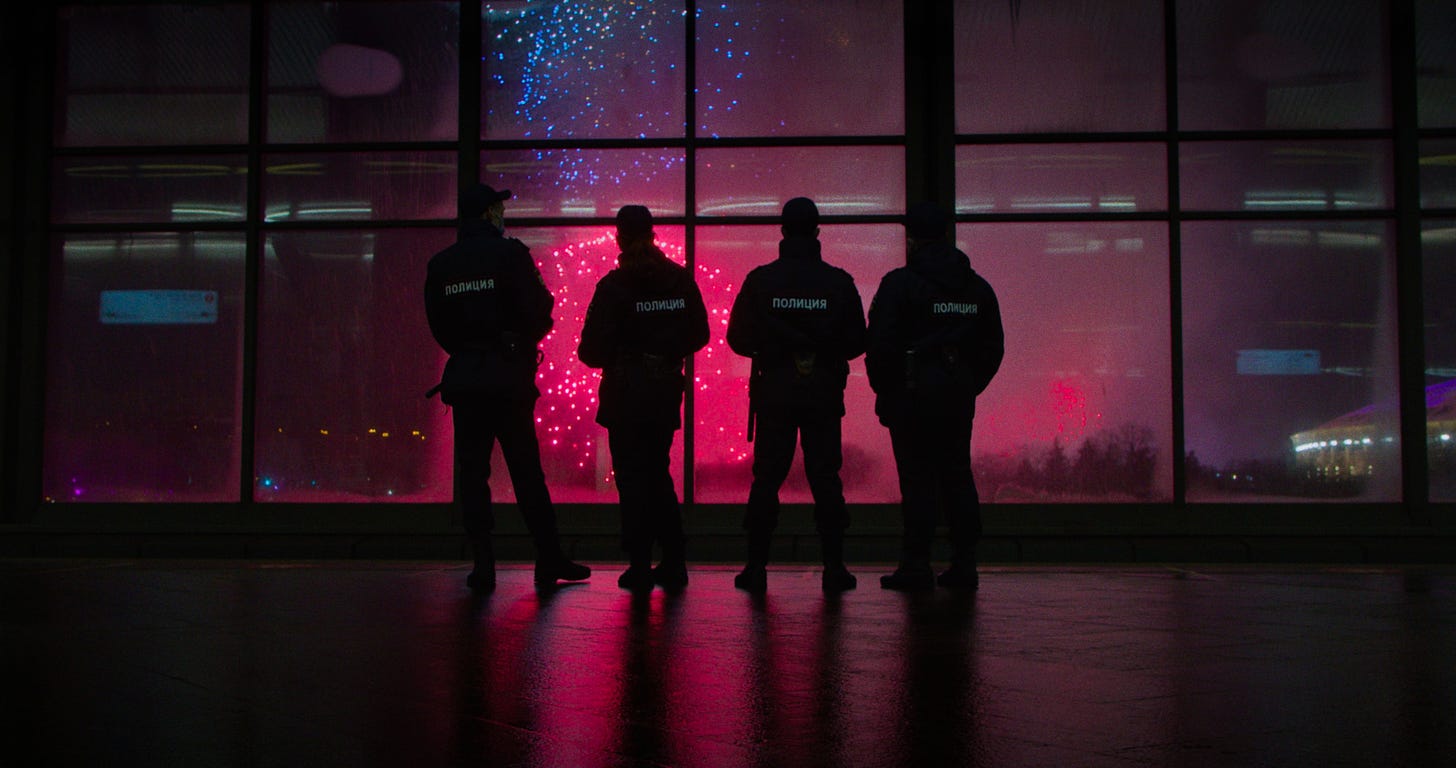
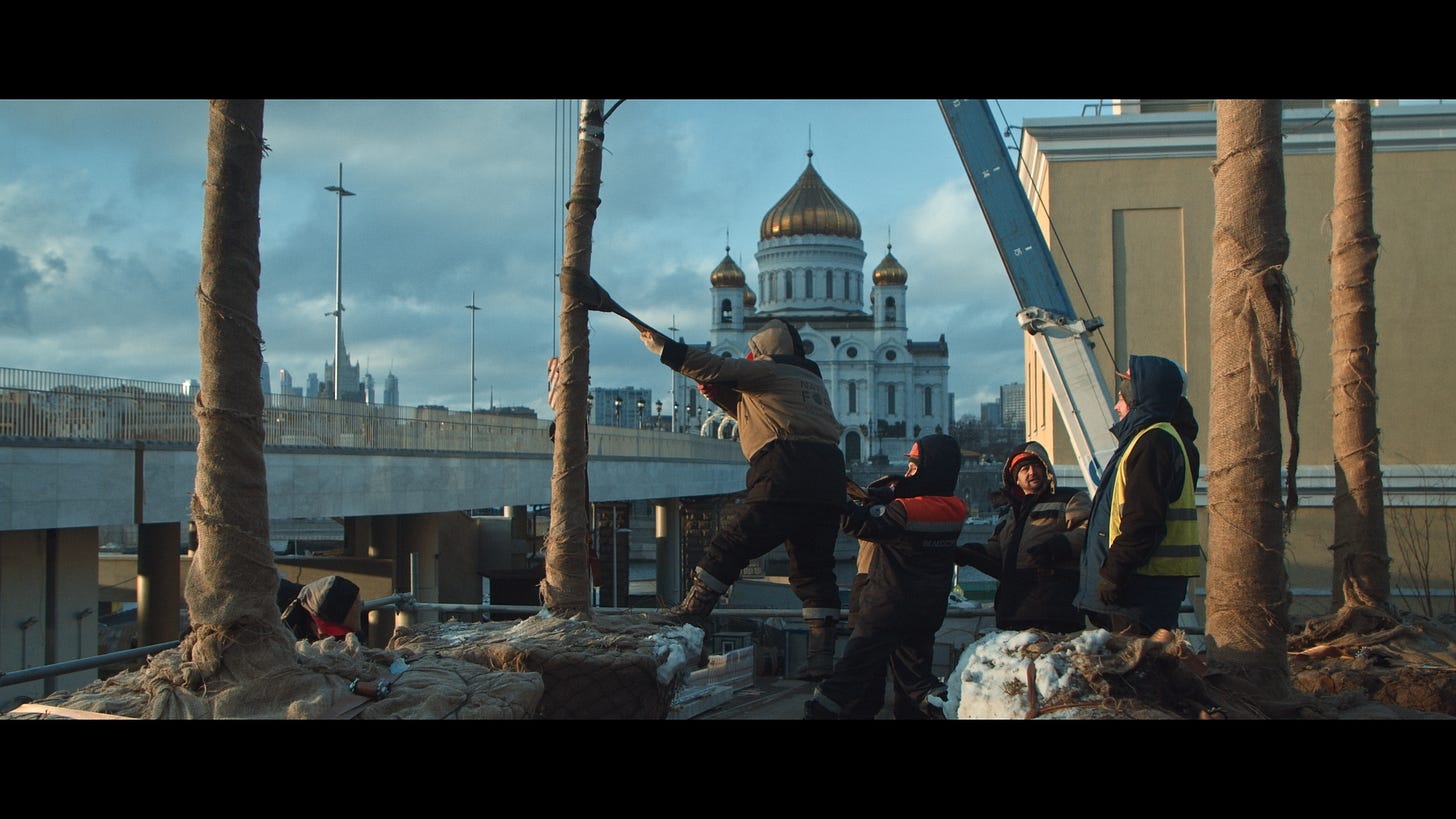
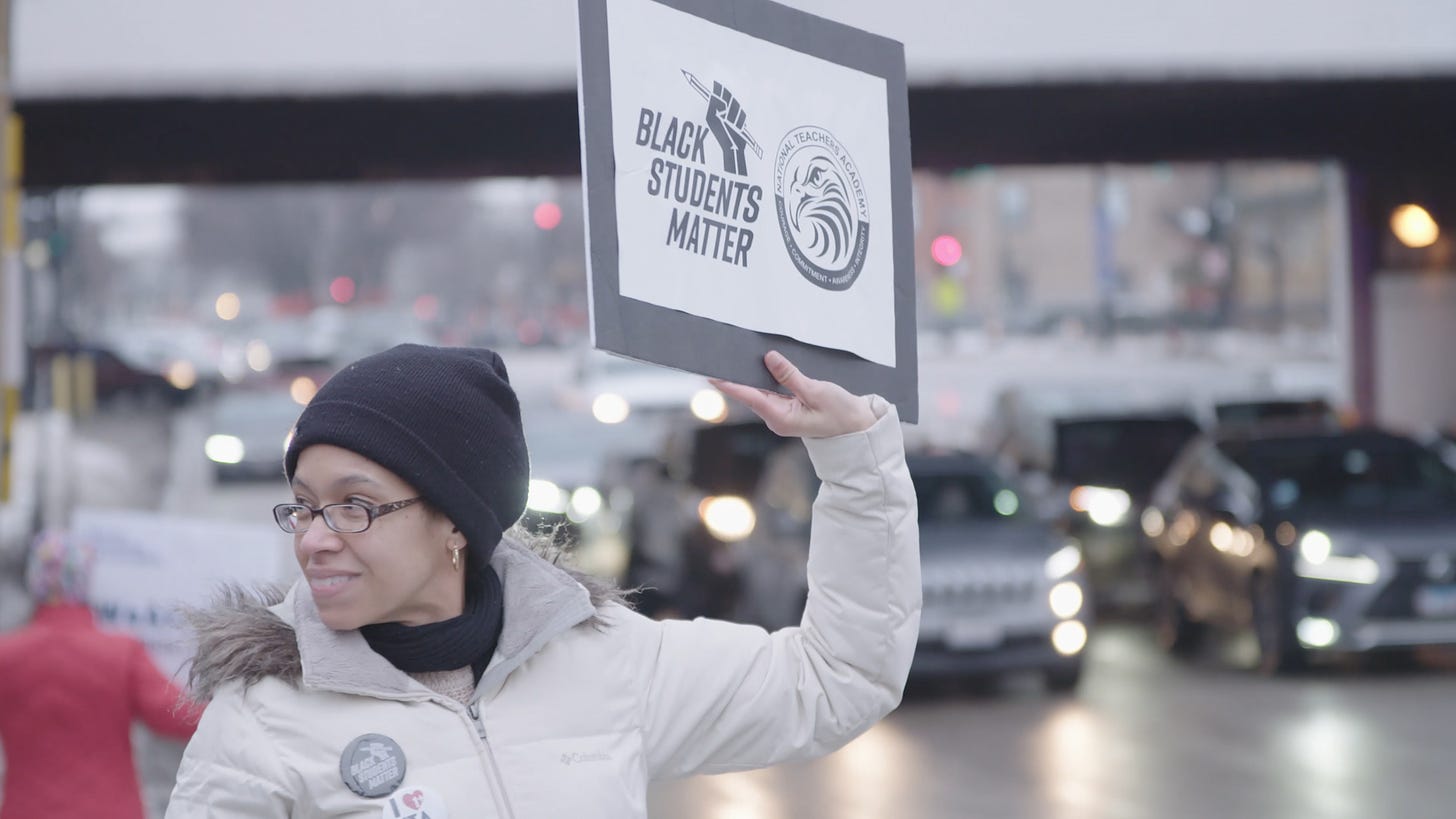
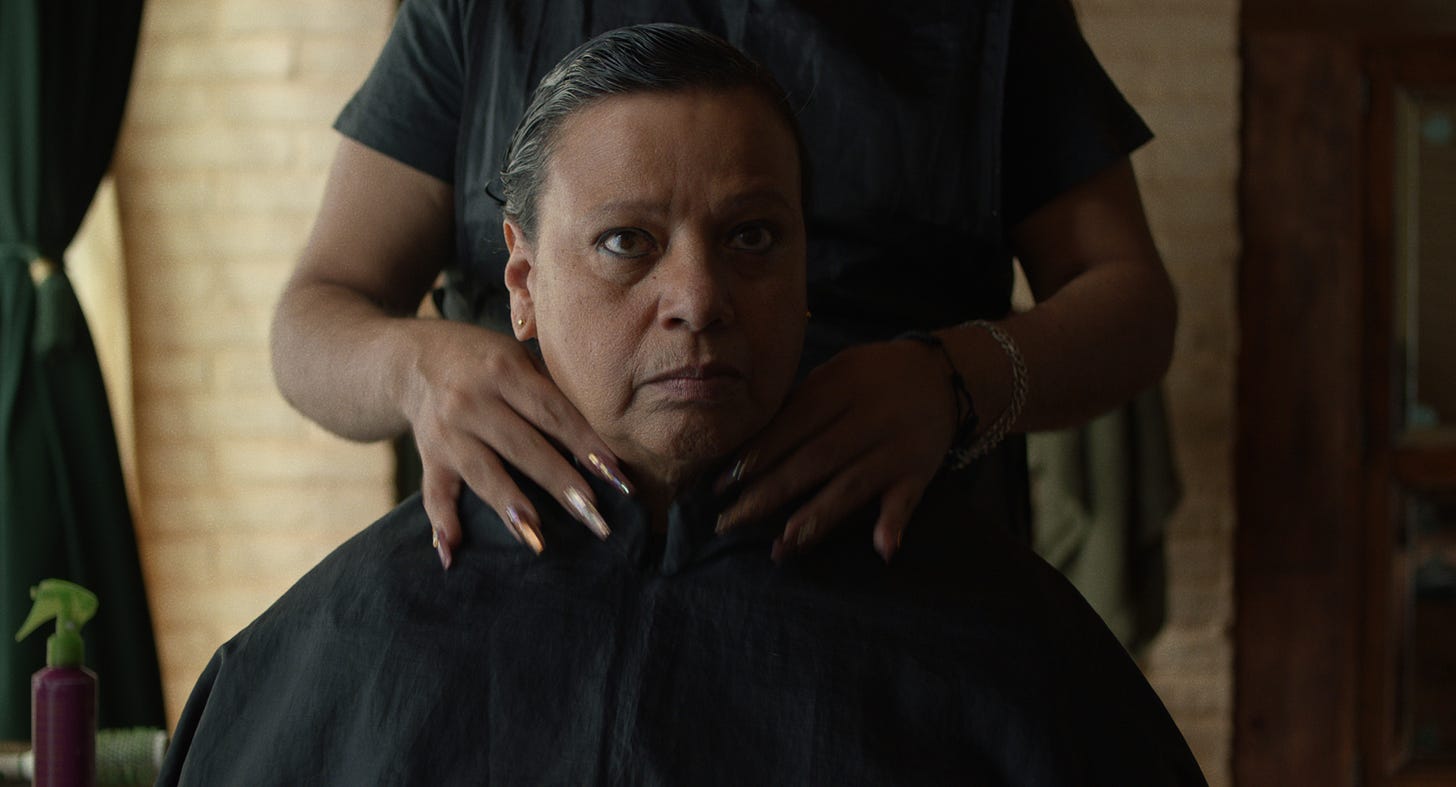
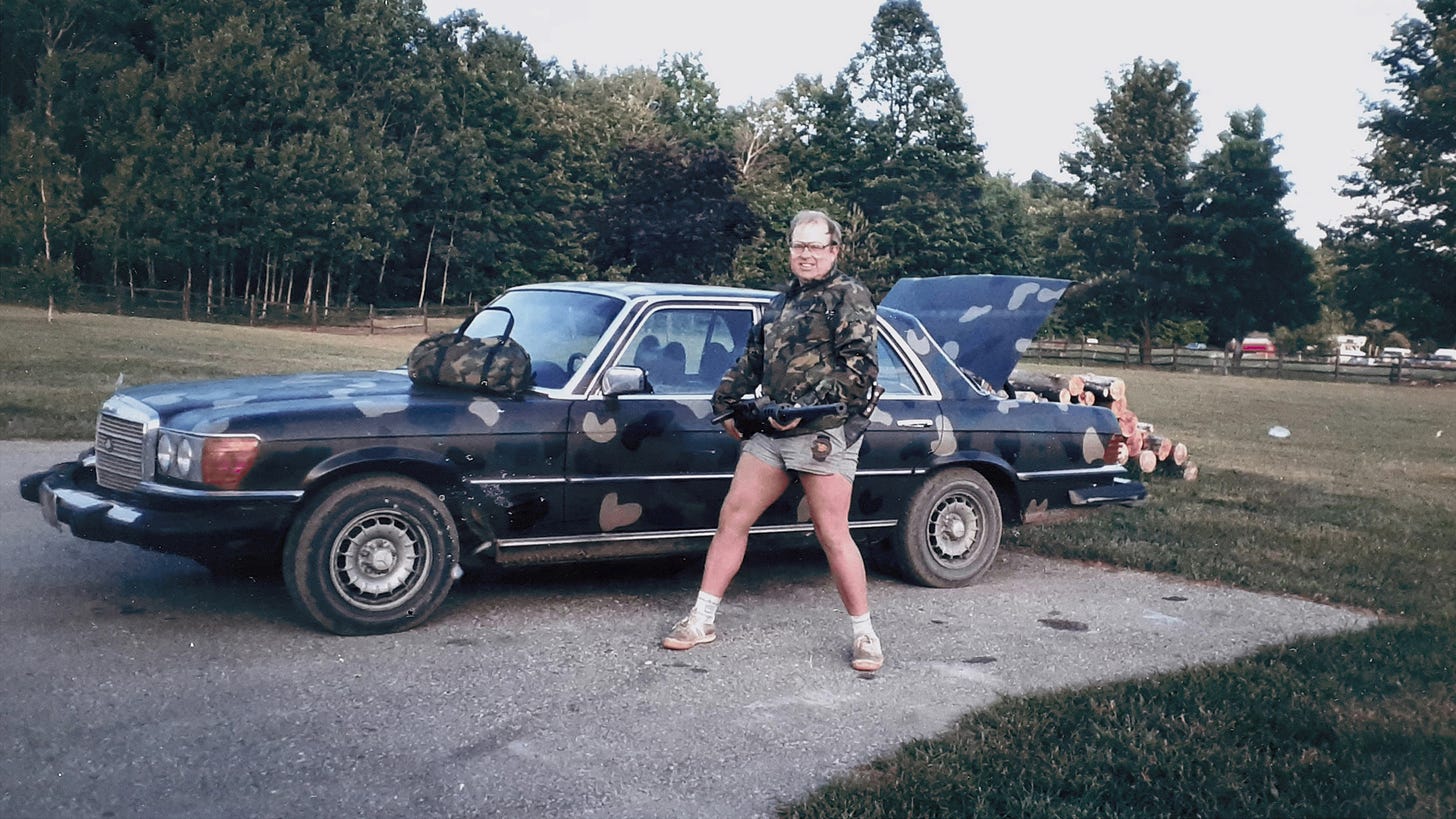
Scott, as another frequenter of True/False for the past six years (minus last year), I've always appreciated your enthusiastic coverage. I'd hoped to spot you on the streets of Columbia and let you know in person - we've unknowingly shared many a screening, usually at the larger venues, including the astounding Dick Johnson is Dead showing in 2020 - but it was this year when I finally realized my facial recognition skills are inadequate to making this happen with or without masks, since the timing of your tweets indicates we were among the same handful of people in the small Ragtag Theater for GES-2. I don't know if you were among the people singing along with the karaoke portion of the movie (an innovation Wiseman definitely wouldn't have included!), but either way I'm happy to have shared the moment and to see this appreciation of the movie's timely thoughts on unity in artistic spaces. That film plus the ecstatic audience response to Let the Little Light Shine really highlighted what the theatrical experience can bring that can never be replaced no matter how deep the streaming catalogs get.
For anybody who can possibly make it to Missouri in early March, this is the most welcoming, innovative, and well-organized festival you could hope for. Every year it challenges and excites my perception of movies and the world at large. Hope to see you there.
I still need to catch up with Ramin Bahrani's last movie, the Netflix one, do you know if this new one is headed for that platform as well?